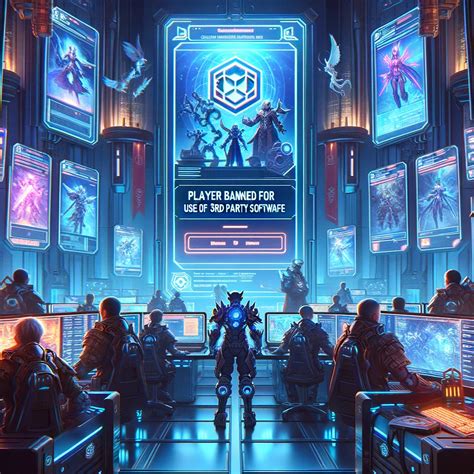In the rapidly evolving world of competitive gaming, the arms race between game developers and cheaters has taken a turn towards more aggressive anti-cheat mechanisms. Recent developments around Riot Games’ Vanguard anti-cheat software exemplify a trend where the boundaries between protecting fair play and invading user privacy seem to blur. Vanguard’s integration into games like League of Legends (LoL), which demands kernel-level access to players’ systems, has been met with both applause for its effectiveness and backlash over potential privacy and security implications.
The dual function of anti-cheat software is to provide a fair competitive environment while safeguarding the game’s integrity. However, the depth of access required by programs like Vanguard has raised substantial concerns. Critics argue that such software could potentially act like rootkits, a type of malware that can control a computer at a very fundamental level. Despite Riot Games’ assurance that Vanguard is designed with player safety in mind, the community remains divided, with reports of the software causing system instability and even ‘bricking’ PCs, rendering them non-functional.
The debate isn’t just about technicalities but is deeply rooted in the philosophy of game design and player trust. On one hand, with the significant financial stakes involved in eSports, driven by sponsorships and large audiences, the need to prevent cheating is more critical than ever. On the other hand, must this security come at the cost of players’ rights to privacy and control over their own computers? As anti-cheat systems become more intrusive, players are forced to decide if participating in their favorite games is worth the potential risk to their personal hardware.
Delving deeper into the nature of cheats used in games like LoL, they range from sophisticated scripts that can automate gameplay to subtle hacks that might offer slight but unfair advantages. Discussions among players reveal a mixed bag of cheats like visibility hacks, automatic targeting, and timing assists, which, while enhancing performance, fundamentally degrade the trust and enjoyment of the game for others. The complexity of these cheats necessitates equally complex countermeasures, which is why developers might feel justified in deploying aggressive anti-cheat solutions.
However, this leads to another significant concern: the impact on non-Windows users, particularly those in the Linux community. These systems do not always support aggressive kernel-level interventions due to their architecture and security models. While some alternatives like Easy Anti-Cheat have made strides towards compatibility, the overall landscape remains unfriendly to non-Windows players, potentially alienating a segment of the gaming community.
As the industry continues to grapple with these challenges, the future of anti-cheat technology must balance effectiveness with respect for player rights. Innovations in game design, such as server-side processing and advanced pattern recognition, may hold the key to less invasive and more universally acceptable solutions. Until then, the conversation between developers, players, and the broader tech community will be crucial in shaping an ecosystem where the spirit of competition and fair play can thrive without compromising the values we hold dear in our digital lives.


Leave a Reply